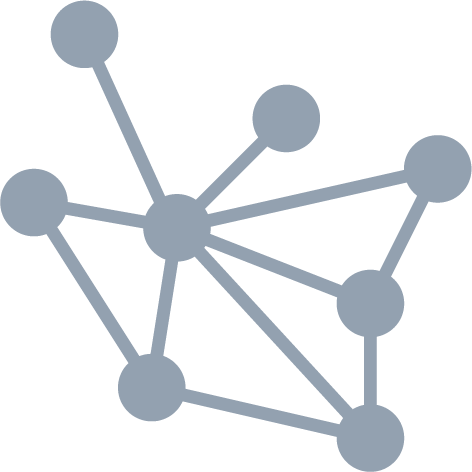The International Atomic Energy Agency in Vienna has seen “no evidence” that Iran has a military nuclear program, says spokesman David Kyd. But, Kyd is quick to add: “We don’t…
 Analysis
Analysis
The Wisconsin Project’s reports track WMD programs and the companies supplying them. In op-eds and articles, we argue for strict enforcement of strategic trade controls to inhibit proliferation.
Iran: Washington Tightens the Screws – 1979-1995
The scope of U.S. trade sanctions against Iran has steadily widened since the Iranian Revolution in 1979, culminating in the embargo declared in May. Criminal penalties for breaking the embargo…
Iran: Bonn, Paris and Tokyo Refuse to Join U.S. Embargo
Since May, when the Clinton administration declared its trade embargo against Iran, U.S. diplomats have had little success in getting Europe and Japan to follow suit. Paris, Bonn and Tokyo…
Iran’s Phantom Bomb
Suspicion Grows that Tehran Seeks Uranium for Nuclear Weapons U.S. officials are adamant that Iran wants an atomic bomb, and they tell the Risk Report that Tehran is giving uranium…
U.S. Relations with China
Congressional Digest August-September 1995, pp. 218, 220-1 China should lose trade privileges with the United States unless Beijing stops sabotaging Western efforts to curb the spread of weapons of mass…
Pakistan’s A-Bomb Potential
The high-enriched uranium produced at the Kahuta gas centrifuge plant near Islamabad is suitable for bombs and free from international controls. International inspectors are not allowed to visit Kahuta, so…
Dr. Abdul Qadeer Khan – The Father of the Islamic Bomb
Dr. Abdul Qadeer Khan is the undisputed hero of Pakistan’s nuclear saga. Called “the father of the Islamic bomb,” Dr. Khan pioneered and led Pakistan’s effort to enrich uranium with…
Pakistan: The Path to High-Enriched Uranium
In the early 1970s, Pakistan began shopping for the equipment needed to convert the uranium found in nature to nuclear weapon grade, a process known as enrichment. By using imports…
India and Pakistan: New Missiles Increase the Risk of Nuclear War
In May, Pakistan’s President Farooq Leghari blamed India for starting a new arms race in South Asia that would “endanger peace in the region.” He warned that Islamabad would not…
India’s Chemical Exports Worry U.S. Officials
Indian companies are still a chemical proliferation threat, U.S. officials say, despite the Indian government’s effort to rein them in. The threat was demonstrated graphically in April, when a U.S….

